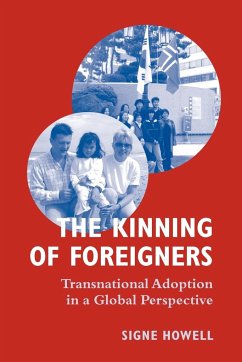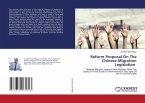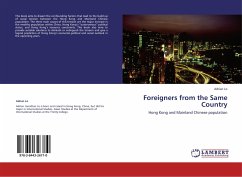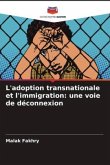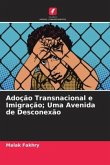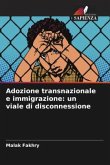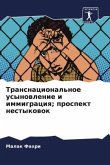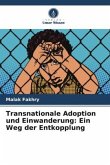Since the late nineteen sixties, transnational adoption has emerged as a global phenomenon. Due to a sharp decline in infants being made available for adoption locally, involuntarily childless couples in Western Europe and North America who wish to create a family, have to look to look to countries in the poor South and Eastern Europe. The purpose of this book is to locate transnational adoption within a broad context of contemporary Western life, especially values concerning family, children and meaningful relatedness, and to explore the many ambiguities and paradoxes that the practice entails. Based on empirical research from Norway, the author identifies three main themes for analysis: Firstly, by focusing on the perceived relationship between biology and sociality, she examines how notions of child, childhood and significant relatedness vary across time and space. She argues that through a process of kinning, persons are made into kin. In the case of adoption, kinning overcomes a dominant cultural emphasis placed upon biological connectedness. Secondly, it is a study of the rise of expert knowledge in the understanding of 'the best interest of the child', and how the part played by the 'psycho.technocrats' effects national and international policy and practice of transnational adoption. Thirdly, it shows how transnational adoption both depends upon and helps to foster the globalisation of Western rationality and morality. The book is an original contribution to the anthropological study of kinship and globalisation.
Hinweis: Dieser Artikel kann nur an eine deutsche Lieferadresse ausgeliefert werden.
Hinweis: Dieser Artikel kann nur an eine deutsche Lieferadresse ausgeliefert werden.

